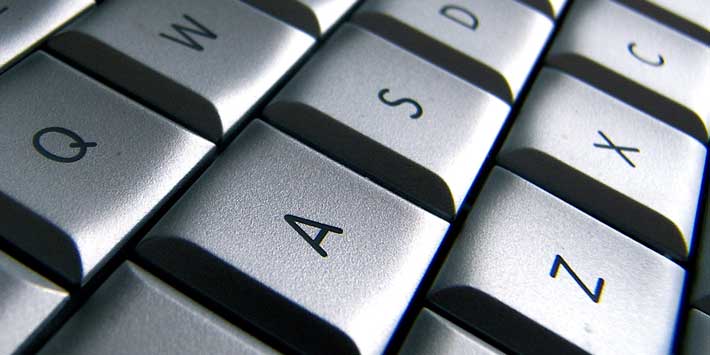SHORT TAKES
Contact Martha for ideas about writing and funding strategy.P: 617.803.8285
E: mk@marthakurz.dev.cc
Get serious about email!
Writing email is such a ubiquitous part of daily life that I almost didn’t think of it as a Short Takes topic. However email’s outsize role in business and personal communication makes it worth the attention. Email is a big deal.
The case
Take the time to write effective emails:
- Your email is a reflection of you and your organization. Make a good impression with a funder, colleague, or your boss with well-written emails.
- Email is versatile. You can use it to communicate information, manage projects, make an introduction, build new relationships, or reconnect with former colleagues.
- Email sets a tone. It can be formal or informal, business-like or friendly, and it can motivate action. You can set the tone you want to help achieve your goals for your email.
Tips
- Keep it short. People are busy, and a lot of people are really busy. Don’t lose your reader before he or she even starts reading your email.
- Say what’s most important first while your reader is paying the most attention.
- Organize longer emails with bullets and short sections with headings.
- Draft and then immediately edit your email. Make sure it’s clear and keep your paragraphs and sentences short. Leave a lot of white space. Then edit again.
- Convey your style. Email is a great way to get acquainted. Use words and tools that help the reader get to know you. Don’t be a serious emailer if you’re a fun-loving person.
- Learn from others. Recently I heard a wonderful way to begin an email: I hope this email finds you well. I love that it’s friendly and lyrical, and makes a sociable overture. Simple and brilliant!
Blunders
It’s probably happened to many of us. Email blunders range from minor glitches to major nightmares. Not long ago I forgot to attach a document to an email to a high level team. My omission necessitated a second email to these extremely busy people at a time when I wanted to make a good impression as the newest member of the team.
Then there was the time, years ago but seared in my mind, when I mistakenly copied the person I was complaining about – a senior manager – on an email intended for someone else. It ruined my day and required additional time to email her with a carefully prepared apology.
It’s preventable!
Take the time to get it right. After you draft your email, PAUSE. Put yourself in the shoes of the recipient. Is your message crystal clear? Did you forget anything? Are there nuances that might not be understood by the reader? Fix things now and save time dealing with unintended consequences later. You have other things to do—like writing more emails!

